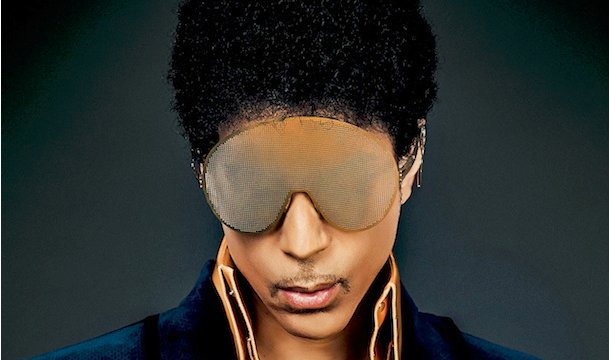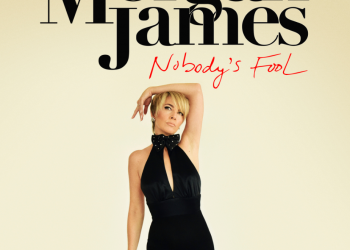Are you a fan of Prince’s music? If so, you already know that there was no one quite like him. With his unique sound and style, he left an indelible mark on the music world that continues to inspire artists today.
But Prince’s influence went far beyond just his music. He also had a significant social and political impact, using his platform to advocate for marginalized communities and challenge societal norms.
In this article, we’ll explore how Prince’s artistry and activism came together to create what some might call ‘da bourgeoisie music.’
So get ready to dive deep into the world of Prince and discover why he remains such an important cultural icon.
Prince’s Unique Sound and Musical Style
Prince’s sound is one-of-a-kind, with his unique blend of funk, rock, and pop creating a sonic landscape that no other artist has been able to replicate. His music was characterized by tight rhythms, catchy hooks, and virtuosic guitar solos. Prince was a master at layering different sounds together in a way that created an entirely new genre of music.
Prince’s musical style was heavily influenced by the Minneapolis Sound, which was a fusion of funk, R&B, and rock music. He also drew inspiration from artists like James Brown and Jimi Hendrix. Prince’s willingness to experiment with different genres meant that his sound was always evolving and changing throughout his career.
One of the defining features of Prince’s sound was his use of electronic instruments such as synthesizers and drum machines. This allowed him to create complex arrangements that would have been impossible with traditional instruments alone. His use of technology in music production made him ahead of his time and paved the way for many other musicians who followed in his footsteps.
The Social and Political Impact of Prince’s Music
The impact of Prince’s music on society and politics cannot be ignored, stirring up strong emotions in listeners. As a listener, you’re immediately drawn to the lyrics that speak to societal issues like inequality, discrimination, and oppression.
For instance, the song ‘Sign o’ the Times’ addresses issues ranging from poverty to drug addiction and racism. Through his music, Prince challenged conventional thinking and dared to address taboo subjects that other musicians were afraid to touch.
Prince’s music was also a platform for him to voice his opinions about political issues. He used his songs as a way of highlighting social injustices and advocating for change. One example is his song ‘Ronnie Talk To Russia,’ which called for an end to the Cold War between the US and Russia.
His music was powerful enough to influence public opinion on important political debates. Prince’s impact on society and politics is undeniable. His unique sound combined with thought-provoking lyrics made him stand out as one of the most influential musicians of all time.
Whether it was addressing social or political issues through his music, Prince never shied away from speaking truth to power – a legacy that continues long after his passing.
Conclusion
So, there you have it – Prince wasn’t just a musician, he was a true force to be reckoned with. His unique sound and style revolutionized the music industry and paved the way for generations of artists to come.
He was unapologetically himself, never afraid to push boundaries and challenge societal norms. Furthermore, Prince’s music had a significant social and political impact as well. He used his platform to speak out against racism, sexism, and other forms of oppression.
He wasn’t just making catchy tunes – he was using his artistry to fight for justice and equality. In short, Prince was an icon in every sense of the word, leaving an indelible mark on both music and culture as a whole.








